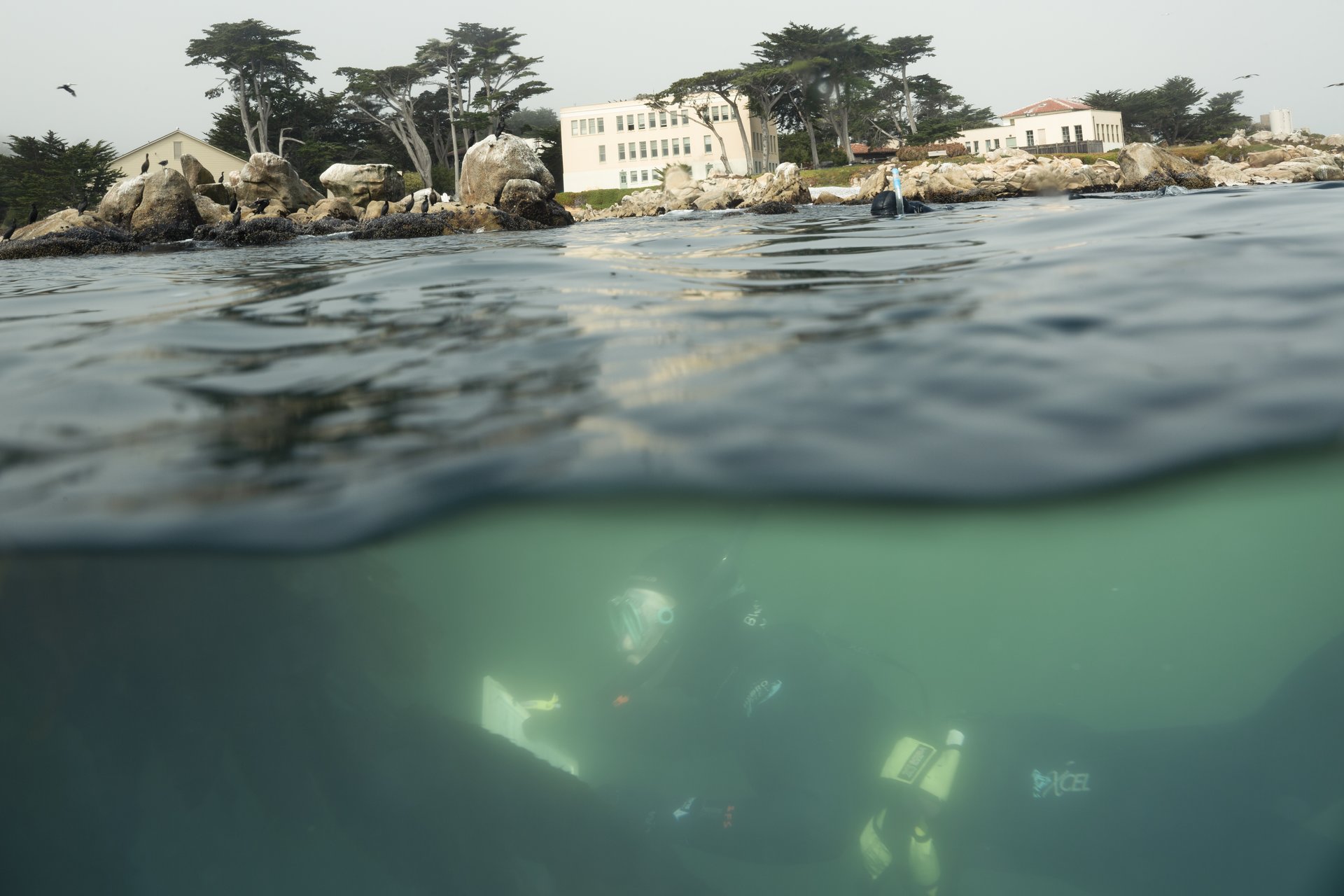About the school
The Stanford Doerr School of Sustainability is made up of a community that spans collaborators across Stanford University and the world, all dedicated to cultivating deep knowledge and high-impact solutions to pressing planetary challenges.
To match the scale, urgency, and complexity of sustainability, it is important for Stanford to be bold and ambitious and reimagine academia. Our unique three-part structure is designed to create knowledge and amplify impact via innovations.
Departments and programs Institutes Sustainability Accelerator
Fiorenza Micheli
Chair, Oceans department
“The problems are too complex, they’re happening too fast to make progress in the traditional disciplinary way – you have to co-create solutions from the start to address issues in sustainability and climate.”
What we study
The school draws together all areas of scholarship that are together needed to understand and address sustainability. Those research areas are housed within academic departments including Earth & Planetary Sciences, Geophysics, Earth System Science, Energy Science & Engineering, Oceans, Civil and Environmental Engineering, and a Social Sciences Division that includes two focus areas: Environmental Behavioral Sciences and Global Environmental Policy.
Where we work
Students and scholars at Stanford Doerr School of Sustainability learn, discover, and collaborate on campus and at field sites around the world.
O’Donohue Family Stanford Educational Farm

Our history
Since its founding, Stanford has emphasized scholarship and education to study the Earth and its processes, with departments, schools, and institutes that have evolved to address the changing needs of the times. The Stanford Doerr School of Sustainability reshapes Stanford’s historic commitment to focus on impact.



